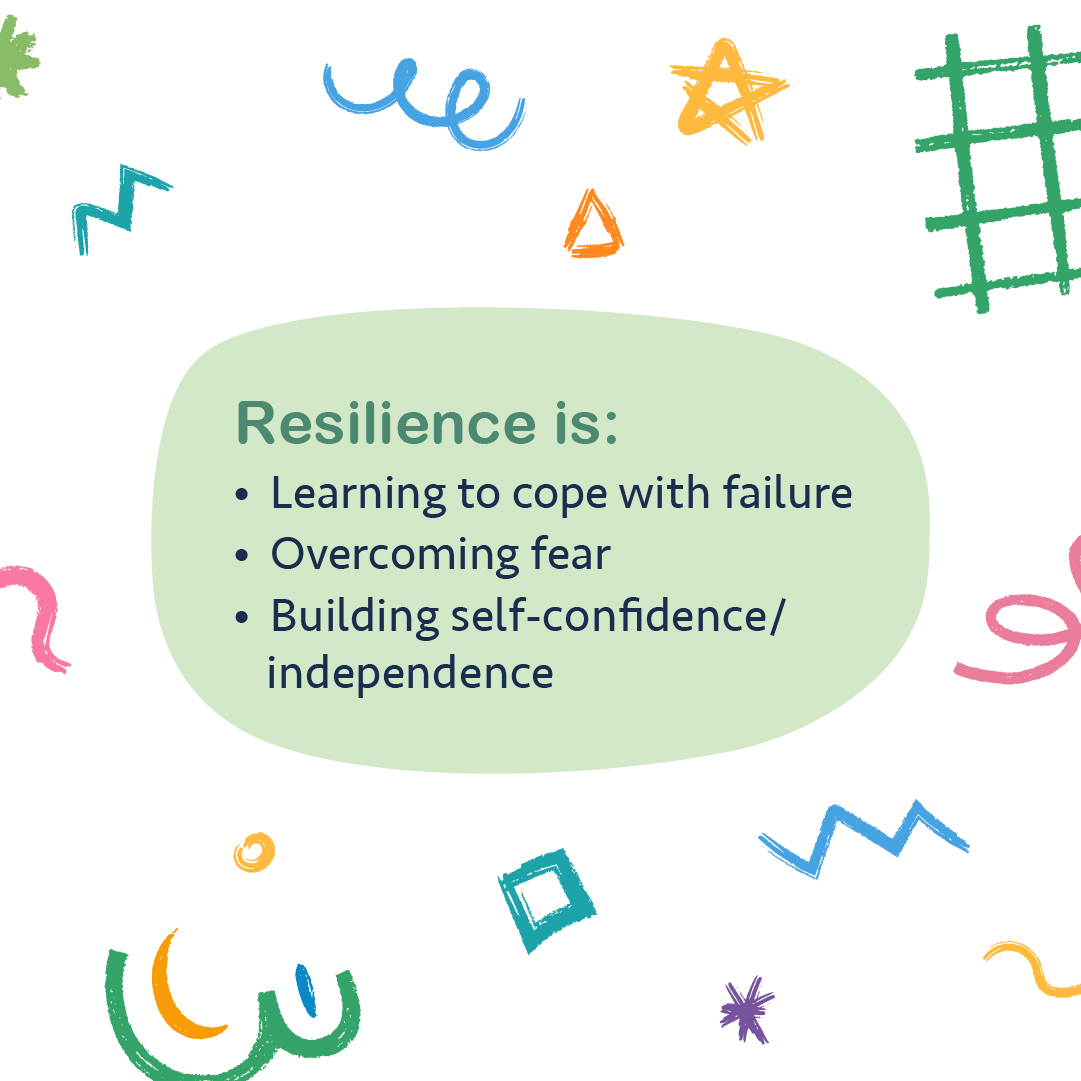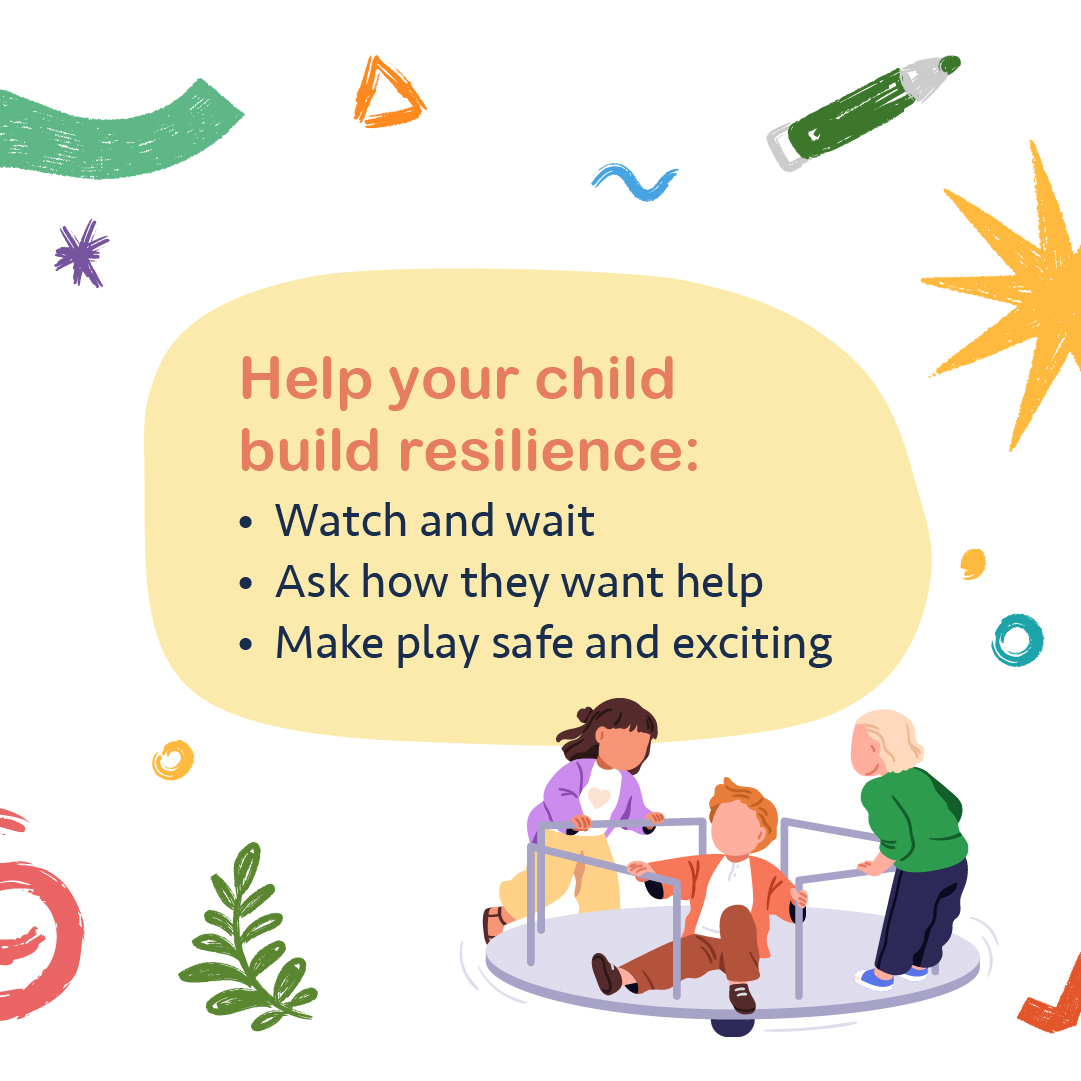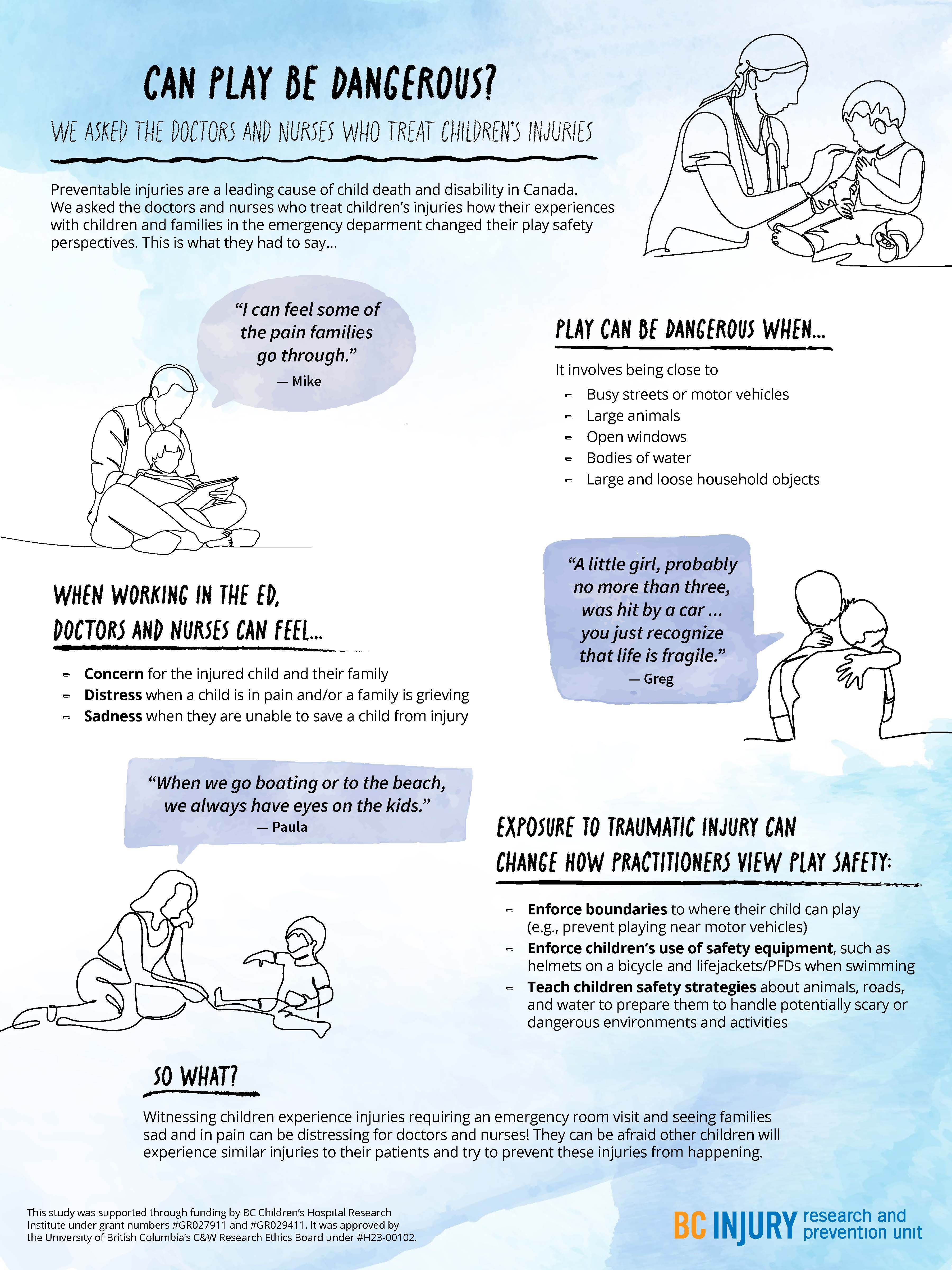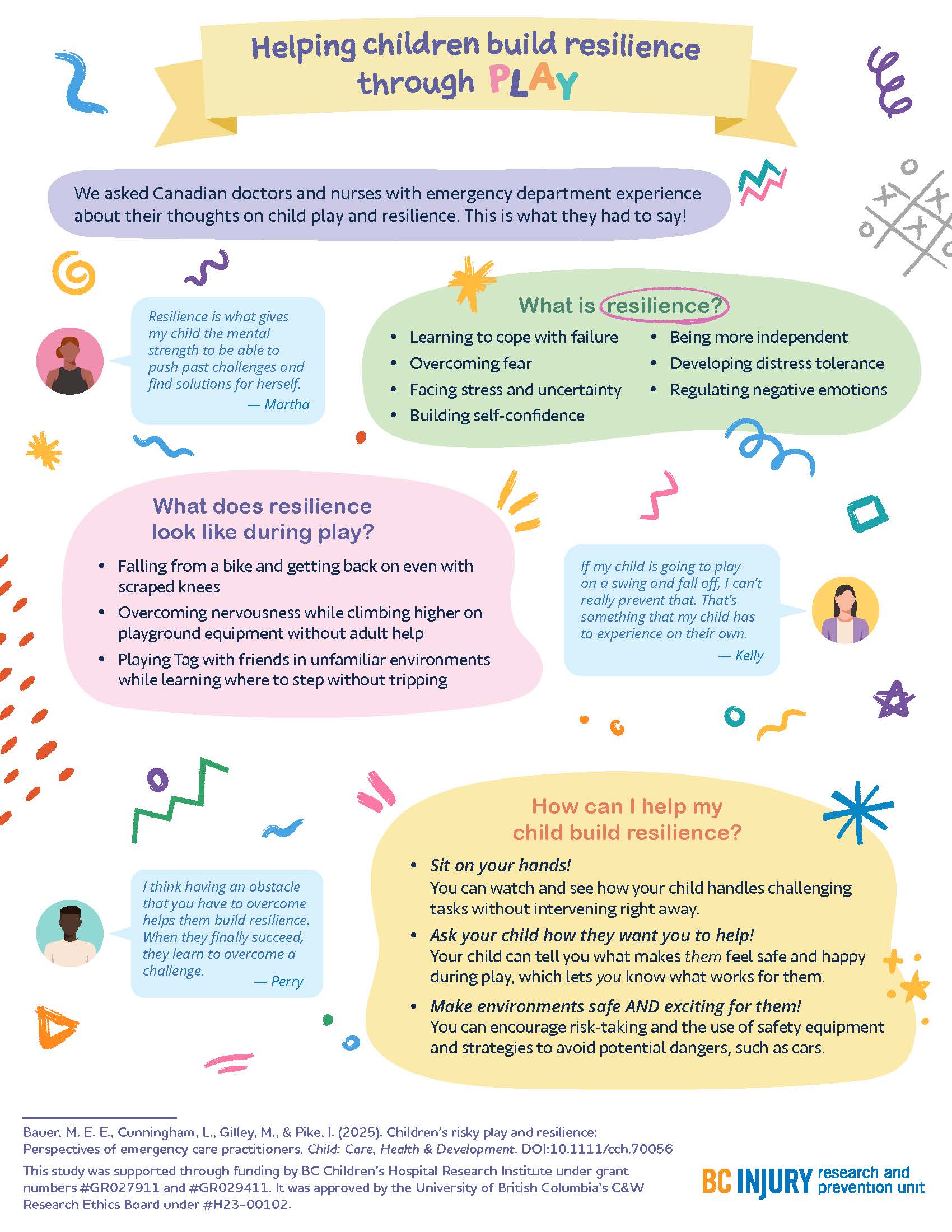Dr. Mariana Brussoni awarded $1.3 million grant to improve daycare outdoor play

BCIRPU Scientist Dr. Mariana Brussoni has received an additional $1.3 million in funding for the second phase of her project to improve outdoor play among young children three to five-years-old who attend daycare.
Dr. Brussoni’s lab received the uplift from the federal government’s Early Learning and Child Care (ELCC) Innovation Program for the PRO-ECO, or “Promoting Early Childhood Outside” study. The study began in 2021. The announced funding will support a second phase of the PRO-ECO study over the next two years. The project will involve a partnership with First Nations and Métis child care organizations to expand and support children’s outdoor play at 10 ELCC centres. The first phase, funded by the Lawson Foundation, partnered with the YMCA of Greater Vancouver to promote children’s outdoor play opportunities at 8 ELCC centres.
The PRO-ECO project focuses on four components: modifying physical outdoor play spaces; providing training and mentorship for early childhood educators; engaging parents and caregivers; and updating policies and procedures around outdoor play.

“PRO-ECO supports early learning and childcare centres in their critically important work of giving children the best start. We’ll work with them to build skills, establish policies that align with their core values, engage families, and enhance their outdoor play spaces,” said Dr. Brussoni, who is also a researcher at the BC Children’s Hospital Research Institute (BCCHR) and director of the Human Early Learning Partnership at the University of British Columbia (UBC).
“We’re delighted that the federal and provincial governments have made the commitment to build a Canada-wide affordable early learning and childcare system, and to work with Indigenous partners to implement a culturally appropriate Indigenous early learning and childcare system.”

The funding was announced on July 11, 2022, at a media event at the BC Children’s Hospital Research Institute. In attendance: Dr. Mariana Brussoni; Dr. Quynh Doan, BCCHR Interim Senior Executive Director; Dr. Rob McMaster, UBC Vice-Dean, Research; Mr. Taleeb Noormohamed, Member of Parliament for Vancouver Granville; the Honourable Karina Gould, Federal Minister of Families, Children and Social Development.
Learn more about the project:
- About the PRO-ECO Study (Brussoni Lab)
- About Outdoor Risky Play (BCIRPU)
- Nurturing through nature—$1.3 million grant will help increase outdoor play in daycares (BCCHR)
- distress when a child was in pain and when a family was grieving; and
- sadness in the event they were not able to save a child in their care.
- concern for the injured child and the child’s family;
Particularly traumatic events, such as those involving vivid sights and sounds (e.g., families holding each other and having extreme reactions), stuck with the practitioners, having long-lasting impressions on them and causing them to re-live these events in the years following their exposure.
Even after their shift was over, practitioners said that they changed how they approached parenting and how they perceived safety during play as a result of witnessing these traumatic events. They reported having more knowledge of the causes and consequences of severe injuries, such as those that require hospitalization or emergency care. For example, practitioners were more likely to enforce boundaries around where their children could play, such as by forbidding their child to play near busy streets. They also were more likely to tell their child about safe play environments and equipment, and put this equipment on their child before play, such as explaining the benefits of using helmets while riding bikes.
Practitioners were more likely to enforce boundaries around where their children could play, and use safety equipment, such as bike helmets.
Practitioners also described being concerned about their children’s play near open windows, around large bodies of water unsupervised, and in environments where firearms were present. They also expressed worry about their children’s play on trampolines and on motorized vehicles, such as ATVs. Findings related to trampoline play safety concerns were published in the journal Injury Prevention.
Observing family grief due to child injury or death affected the mental well-being of health care practitioners, drawing attention to the need for mental health supports for those involved in caring for severely injured and dying patients.


"Raise more resilient children through play...watch and see how your child handles challenging tasks without intervening right away." —Dr. Michelle Bauer
Building resilience through play
How can parents help their children build resilience? By letting them play!
The experiences that practitioners witnessed encouraged them to support their children in building resilience through play; specifically, by supporting children in learning to cope with failure, overcome fear, build self-confidence, develop distress tolerance, and regulate negative emotions. Findings related to building resilience through play were published in the journal Child: Care, Health, and Development.

Parents fostered resilience in their kids by:
- helping their kids get back on bikes after they fell off and wanted to try again;
- sitting on their hands so they did not instinctively reach for their children when their children fell down; and
- encouraging participation in challenging and thrilling activities in forests and water while safety equipment was used.
"There are a few ways that parents can raise more resilient children through play that are supported by literature and our study findings," said Dr. Bauer. "One: watch and see how your child handles challenging tasks without intervening right away."
"Two: Ask your child how they want you to help—let them tell you what makes them feel safe and happy during play. Let them lead. And three: make play both safe and exciting by encouraging risk-taking, teaching them how to avoid hazards, and using safety equipment.”
This research was supported through Drs. Bauer’s and Gilley’s receipt of a clinical and translational research seed grant from the BC Children’s Hospital Research Institute (BCCHR), Dr. Bauer’s BCCHR postdoctoral fellowship award, and additional training provided to Dr. Bauer through her participation in the Programs and Institutions Looking to Launch Academic Researchers (PILLAR) program through ENRICH, a national organization training perinatal and child health researchers.
Learn more about the study through two infographic posters:
Graphics and posters by Milica Radosavljevic











